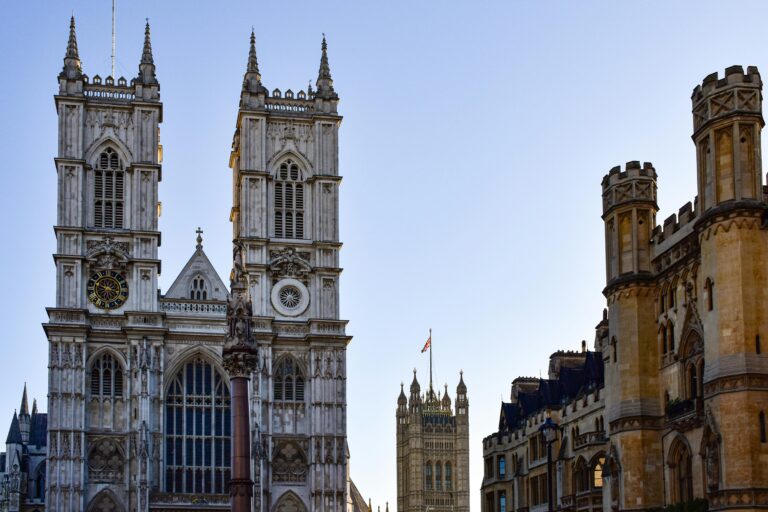Letter to the editor
Re: Church of England’s £100m slavery reparations fund ‘will hurt parishes’
February 6, 2025

Dear Sir,
The Church of England is to be commended for its commitment to slavery reparations. The Policy Exchange think tank criticises the Church on the basis that its reparations plan may lead other institutions – including the Government and Royal Family – to pay reparations. If this were to be the outcome of the Church’s actions, it would be most welcome.
Lord Biggar, co-author of The Policy Exchange report, justifies his stance by highlighting Britain’s role in abolishing slavery. However, celebrating that the country stopped committing a heinous crime – or arguing that, on account of stopping, they shouldn’t be held accountable for it – is absurd. Moreover, it ignores the fact that, at the time of abolition, the British Government borrowed £20 million (£2.2 billion in today’s money) to compensate former slave owners. Those who had been enslaved, meanwhile, received not a single penny.
This compensation of slave owners, while the enslaved received nothing, remains central to inequalities – in both Britain and the Caribbean – to this day. British taxpayers only finished paying off the £20 million debt in 2015, a mere 10 years ago. Thanks to their inherited wealth, meanwhile, some of the slave-owning families who benefitted remain among the wealthiest in Britain to this day.
Reparations are not a historical issue. The consequences of Britain’s shameful slave-trading past reverberate throughout the world today, not least in the Caribbean. Institutions that profited at the time – like the Church of England – have a moral duty to now face up to their past.
Yours Sincerely,
Denis O’Brien
Founder, The Repair Campaign
Dublin, Ireland
